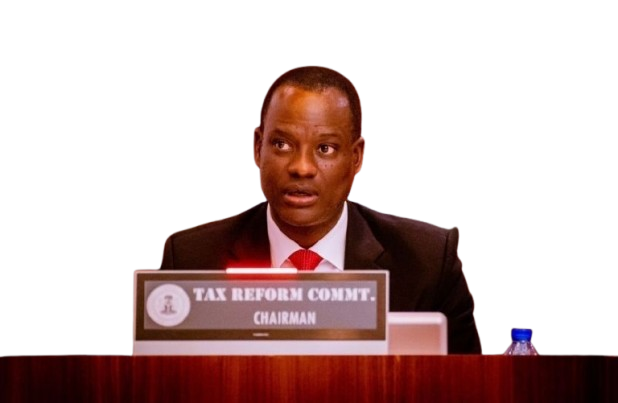Nigeria’s populace has been on edge anticipating a potential 5% surcharge on petrol and diesel, a move that could further escalate the already high cost of living. While initial reports suggested a January 2026 implementation date, the government has clarified that no specific timeframe has been established. Taiwo Oyedele, Chairman of the Presidential Committee on Fiscal Policy and Tax Reforms, confirmed the existence of the surcharge provision within the newly enacted Harmonised Tax Act, but emphasized that its activation rests solely with the finance minister, with no current plans for a 2026 commencement. The surcharge, when implemented, will apply exclusively to fossil fuels like petrol and diesel, excluding cleaner energy alternatives such as cooking gas, compressed natural gas, and household kerosene.
This proposed levy is not entirely novel, having its roots in the Federal Roads Maintenance Agency Act of 2002, which established FERMA to oversee the upkeep of federal roads nationwide. The 2007 amendment to this act introduced the 5% user charge on petrol and diesel, allocating 40% of the generated funds to FERMA and the remaining 60% to State Roads Maintenance Agencies. The current tax law incorporates this provision, reiterating the finance minister’s authority to determine the timing of its implementation. The government’s intention, as explained by Oyedele, is to dedicate this revenue stream to improving transport infrastructure, ultimately aiming to reduce logistics costs and curb inflation.
The backdrop to this potential levy is a significant increase in fuel prices following President Tinubu’s removal of fuel subsidies in 2023. This move, coupled with accelerating inflation, has fueled public apprehension about the affordability of essential goods and services. The prospect of an additional fuel surcharge has intensified these concerns, raising fears of a further squeeze on household budgets and potential complications for the government’s efforts to stabilize the economy.
President Tinubu, currently on a working visit to Europe, is facing criticism for what some perceive as a prioritization of revenue generation over accountability in spending. While the government has touted early successes in increasing revenue, including surpassing the 2025 target months ahead of schedule, critics argue that this focus on revenue collection overshadows the need for transparency and efficient utilization of public funds. Tinubu’s assertion that these increased revenues signal the end of Nigeria’s dependence on borrowing has done little to assuage these concerns.
The Nigeria Labour Congress (NLC), a powerful force in the country’s labor landscape, is yet to take an official stance on the proposed surcharge, stating that they are awaiting formal communication from the government. Their eventual response is anticipated to significantly influence public reaction to the levy, given the NLC’s history of organizing nationwide strikes in protest against fuel price hikes. The potential for widespread public dissent looms large, particularly if the government proceeds with implementing the surcharge without addressing the prevailing anxieties about the cost of living.
Adding to the chorus of opposition, prominent political figures like Peter Obi, a former presidential candidate, have voiced strong disapproval of the planned levy. Obi argues that imposing additional taxes on an already financially strained population is counterproductive, especially in light of the government’s declared revenue achievements. He advocates for redirecting these funds towards essential services like education, healthcare, and poverty reduction, rather than increasing the burden on citizens. Obi’s criticism also highlights the perceived failure of the government to deliver on promised subsidies for alternative fuels like compressed natural gas, further compounding the affordability challenges faced by Nigerians. The confluence of these factors sets the stage for a potentially contentious period, as the government navigates the delicate balance between revenue generation and public welfare.














